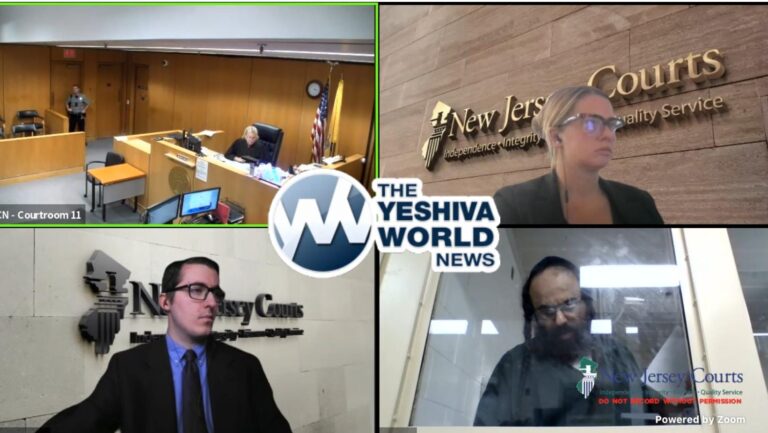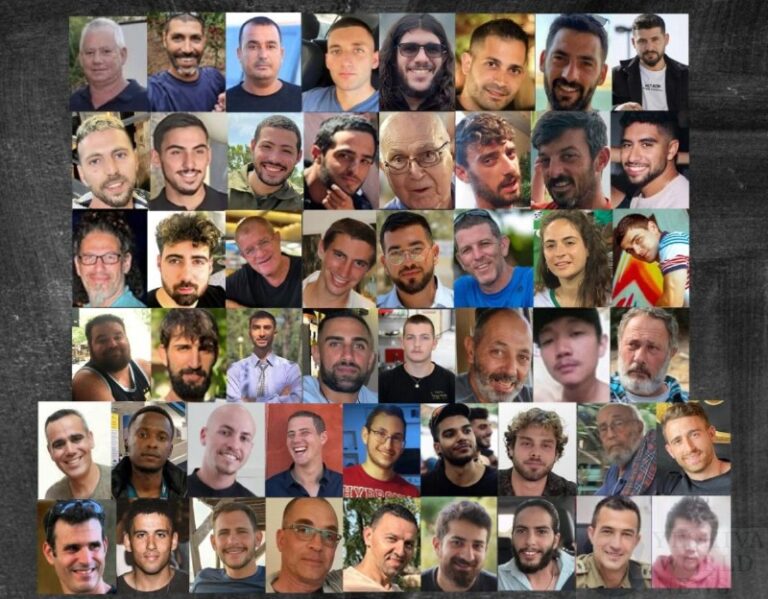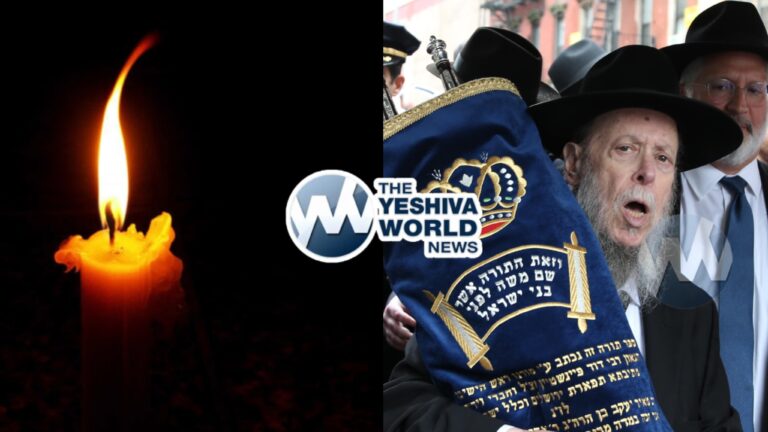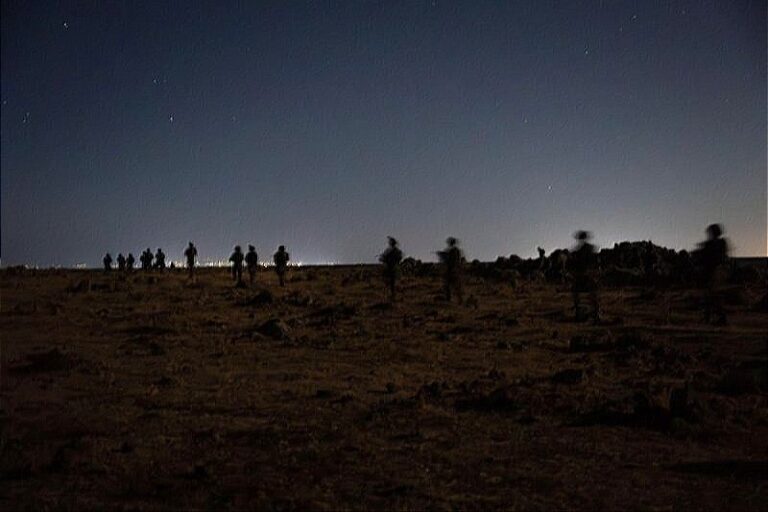(By Rabbi Yair Hoffman for 5TJT.com)
It is truly a remarkable idea – that every single one of us should remember forever.
Recently, a Ger Tzedek told me that he had come across a scholarly sefer that was somewhat depressing to him. It was a sefer that discussed specific halachos that pertained to Geirim. He appreciated the scholarship behind the work, but, it was a bit of a downer for him.
There are times when you want to express a thought – and then you fumble. There are small pieces of recollection that are missing in your head, a name, a concept, or even a word – until you remember them and then it is too late. Some call it senior moments. You had the opportunity but you fumbled. Depressing.
Or maybe not. We know that everything Hashem does is for the good – even when we forget things. Perhaps the guilt of the fumble is a motivating device to share these thoughts further.
And so, here goes.
THOUGHT ONE
Everyone knows the famous dictum of Rabbi Akiva and the original verse in the Torah. The Torah says, “Veahavta larayacha kamocha – love your neighbor as yourself.” Rabbi Akiva adds –“zeh klal gadol baTorah – this is an important principle in the Torah.” Rabbi Akiva, a light unto his people, adds that this is a fundamental point in the Torah. Much of what we do, much of our divine service is predicated upon these three words.
Rabbi Akiva lived from before the destruction of the Beis HaMikdash until the aftermath of the Bar Kochva revolt in 135 CE. We now fast forward exactly one thousand years from the passing of Rabbi Akiva. A new light to the people of Israel, Rabbi Moshe ben Maimon also known as the Rambam, (1135- 1204) is born.
In his Mishna Torah (Hilchos Dayos 6:4), we read: “He has commanded us in the Mitzvah fo loving a Ger, a convert, like we love His own Name.” Wait. What happened to the word, “kamocha – as yourself?” Rabbi Avrohom Yonah Jewnin (1813-1848), author of the Nimukei Mahari, printed in the back of the Mishna Torah, points out this distinction. [Parenthetically, Rav Jewnin was a recognized world class scholar in Grodno who died tragically young]. He explains that the Rambam’s intent is that there is no upper limit to the amount that we must love the convert.
We see clearly that, according to the Rambam, the Mitzvah of loving a Ger, by far exceeds the amount we must love our fellow brethren that are not geirim. Now it is true that the Ramban states that the Mitzvah of loving a ger states that it is equal to kamocha – disagreeing with the Rambam, but it nonetheless is at least equal.
I would like to suggest that we take this Rambam to heart in a number of practical ways: In social interactions, in Shabbos invitations, in business ventures, in tzedakah, and in our dating as well.
THOUGHT TWO
The Mitzvah of v’ahavta layacha kamocha is one Mitzvah. However, the Mitzvah of loving a Ger involves the fulfillment of two Mitzvos – Ahavas HaGer and Ahavas Yisroel! If we love Hashem’s Mitzvos, then we should surely love a double Mitzvah!
THOUGHT THREE
The Mitzvah of loving a Ger is one that we can fulfill at all times. We can do it in thought alone! It is one of the “thought Mitzvos,” so to speak. So the next time that we are standing in line without a sefer, or we are in a place where we cannot learn, for one reason or another, we can always contemplate the thought Mitzvos.
CONCLUSION
A Ger Tzedek is someone who left their entire background, their entire culture, out of love of Hashem. This is what Avrohom Avinu did when Hashem commanded him with lech lecha, meartzecha, memoladetcha, u’mibais avicha – from your land, from the place of your birth, and from the house of your father. The commentaries explain that it was to give Avrohom Avinu more merit. Certainly, we see the tremendous merit of a Ger Tzedek. It is no wonder that the Mitzvah fo loving gerim is mentioned in the Torah so many times. It is also no wonder that Hashem loves geirim so much as well.
The author can be reached at [email protected]












One Response
Why was the sefer a downer for him?